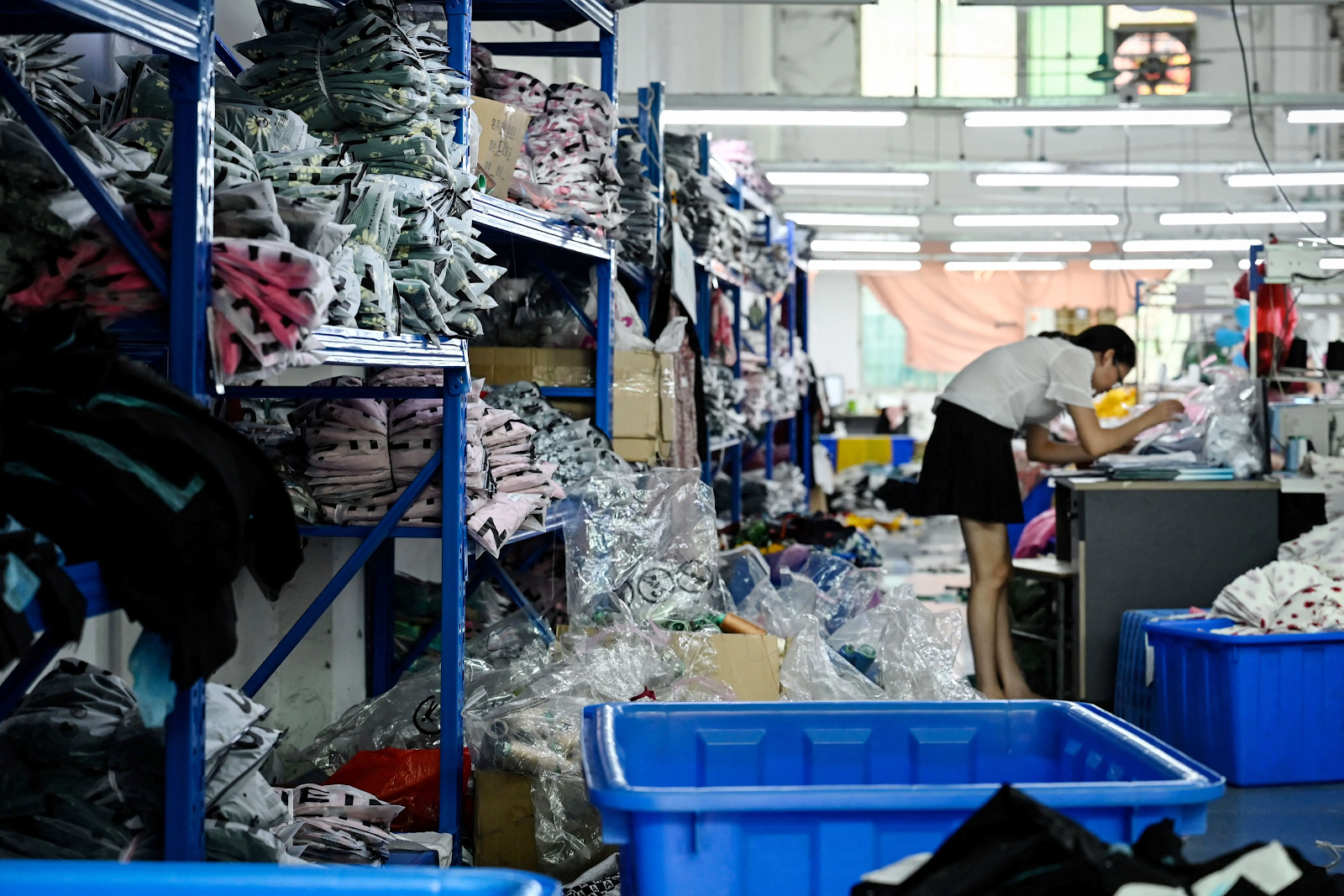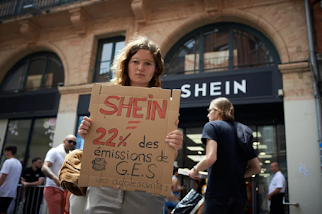Shein: The Ethical Dilemma
Shein, a China-based clothing manufacturing company, is
facing severe scrutiny regarding its unethical practices in both workers'
rights and environmental regulations. Employees of the manufacturing giant are
expected to work at least 75 hours per week and often work up to twelve hours
per day sewing fabric together. According to interviewed Shein employees,
workstations at these plants consist of corridors covered in bags, workers at
standing tables, and workstations lit by neon lights. Individuals investigating
a Shein manufacturing plant reported that there were no emergency exits, and
stairs and entrances were difficult to navigate, with upper windows being
barred off. It is highly likely that, with an entire building full of kindling,
a fire could result in serious injuries and even casualties.
Employees at such plants are expected to work from 8 a.m. to
10:30 p.m., with, on average, two hours of breaks allotted during the shift.
Factory workers work after dinner hours for six days out of the week, with one
day off per month. This directly violates Chinese labor laws, which state that
overtime hours cannot exceed 36 in a given month, with any hours above 40
considered overtime. Shein does not provide any overtime premium for hours over
40 and pays on a "per-item made" basis. In a "good" month,
employee pay estimates can be around the 1,400 mark, while "bad"
months bring in only a third of that amount. Many of the suppliers Shein uses
do not provide their employees with insurance or any type of contract; even
businesses with over 100 employees often avoid providing contracts, which
contradicts Chinese regulations.
In addition to the unsafe and unfair labor and environmental
practices, Shein has also been repeatedly linked to both forced labor and child
labor. Lab tests conducted by Bloomberg News show that cotton within the
clothing can be traced back to the Xinjiang region in China, which is notorious
for its forced labor policies affecting hundreds of thousands of individuals.
Cotton from Xinjiang is banned in the United States due to these practices, but
Shein has been able to bypass this restriction due to import regulation
loopholes in U.S. customs. Shein claims to abide by the child labor laws of
each country where their factories are located, but they omit the fact that
many countries, such as Bangladesh, allow for child labor.







ReplyDeleteShein's practices, ranging from labor violations to environmental negligence and links to forced and child labor, are deeply troubling. Shein's disregard for ethical and sustainable standards raises significant concerns, making supporting a business with such evident ethical shortcomings difficult.